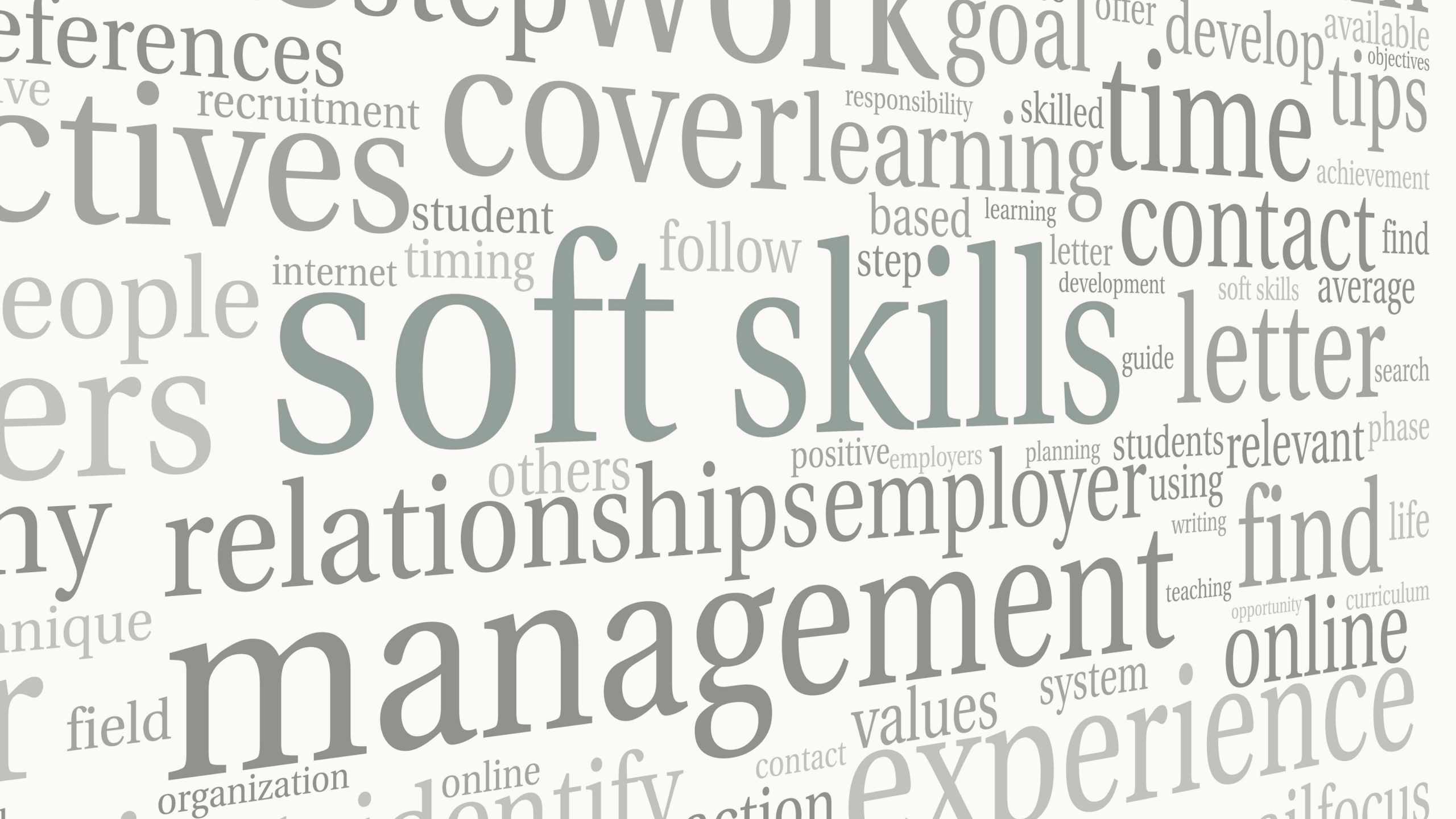You’ve probably heard hiring managers and career coaches talk about “soft skills,” but what exactly are they, and why should you care? If you’re focused on building technical expertise or earning certifications, you might wonder whether these intangible qualities really matter. The short answer: they absolutely do. In fact, soft skills can be the difference between getting hired and getting passed over, even when your technical qualifications are stellar.
What Are Soft Skills?
Soft skills are the personal attributes and interpersonal abilities that shape how you work and interact with others. Unlike hard skills (like coding, accounting, or operating machinery), soft skills aren’t tied to specific technical knowledge. Instead, they’re the transferable qualities that help you navigate any workplace successfully.
Common soft skills include:
- Communication: Clearly expressing ideas verbally and in writing
- Teamwork: Collaborating effectively with colleagues
- Problem-solving: Finding solutions to unexpected challenges
- Adaptability: Adjusting to new situations and changes
- Time management: Prioritizing tasks and meeting deadlines
- Leadership: Guiding and motivating others
- Emotional intelligence: Understanding and managing emotions in yourself and others
Think of soft skills as the “how” behind your work, while hard skills are the “what.” You might know how to analyze data, but can you present your findings in a way that convinces stakeholders? You might be a talented designer, but can you accept feedback and collaborate with a team?
Why Do Employers Value Soft Skills?
According to a LinkedIn survey, 92% of talent professionals say soft skills matter as much or more than hard skills. Here’s why employers prioritize them:
They predict long-term success. Technical skills can be taught, but qualities like adaptability and communication are harder to develop. Employers know that candidates with strong soft skills will grow with the company and handle challenges more effectively.
They improve team dynamics. No matter how skilled you are individually, most jobs require collaboration. Soft skills ensure you can work productively with diverse personalities and contribute to a positive workplace culture.
They’re essential for customer-facing roles. If you interact with clients or customers, your ability to listen, empathize, and solve problems directly impacts business success. Even in behind-the-scenes roles, understanding stakeholder needs requires strong interpersonal skills.
How Can You Develop Your Soft Skills?
The good news? Soft skills can be improved with practice and self-awareness. Here’s how to start:
- Seek feedback. Ask colleagues or supervisors which soft skills you excel at and which need improvement. Honest feedback is invaluable for growth.
- Practice active listening. In conversations, focus entirely on understanding the other person before responding. This strengthens both communication and emotional intelligence.
- Take on new challenges. Volunteer for projects outside your comfort zone. Leading a team meeting or mentoring a junior colleague builds leadership and adaptability.
- Reflect on your experiences. After completing a project or navigating a difficult situation, consider what went well and what you’d do differently. This builds problem-solving skills and self-awareness.
Ask yourself: Which soft skill would make the biggest difference in your current role? How could improving that skill open new opportunities?
How Do You Showcase Soft Skills in Your Job Search?
Claiming you have excellent communication skills isn’t enough. You need to demonstrate them through specific examples. On your resume, use concrete achievements that illustrate your soft skills in action. Instead of writing “strong team player,” try “collaborated with cross-functional team of 8 to deliver project 2 weeks ahead of schedule.”
During interviews, prepare stories that highlight your soft skills using the STAR method (Situation, Task, Action, Result). For example, describe a time when you resolved a conflict between team members or adapted to a major change in project direction.
Worried your resume isn’t showcasing your strengths effectively? Bilingual Source offers professional resume optimization and interview coaching to help you stand out. As Canada’s leading French-English recruitment agency, we understand exactly what employers look for and can help you present both your technical abilities and soft skills in the most compelling way possible.
The Bottom Line
Soft skills aren’t just “nice to have.” They’re essential capabilities that determine how effectively you can apply your technical expertise, collaborate with others, and advance in your career. Whether you’re entry-level or experienced, investing time in developing these skills will pay dividends throughout your professional life.
Ready to take your career to the next level? Visit our jobs page to explore exclusive bilingual opportunities, or contact us to learn how our career coaching services can help you develop the skills employers are looking for.
What soft skill will you work on this week?
